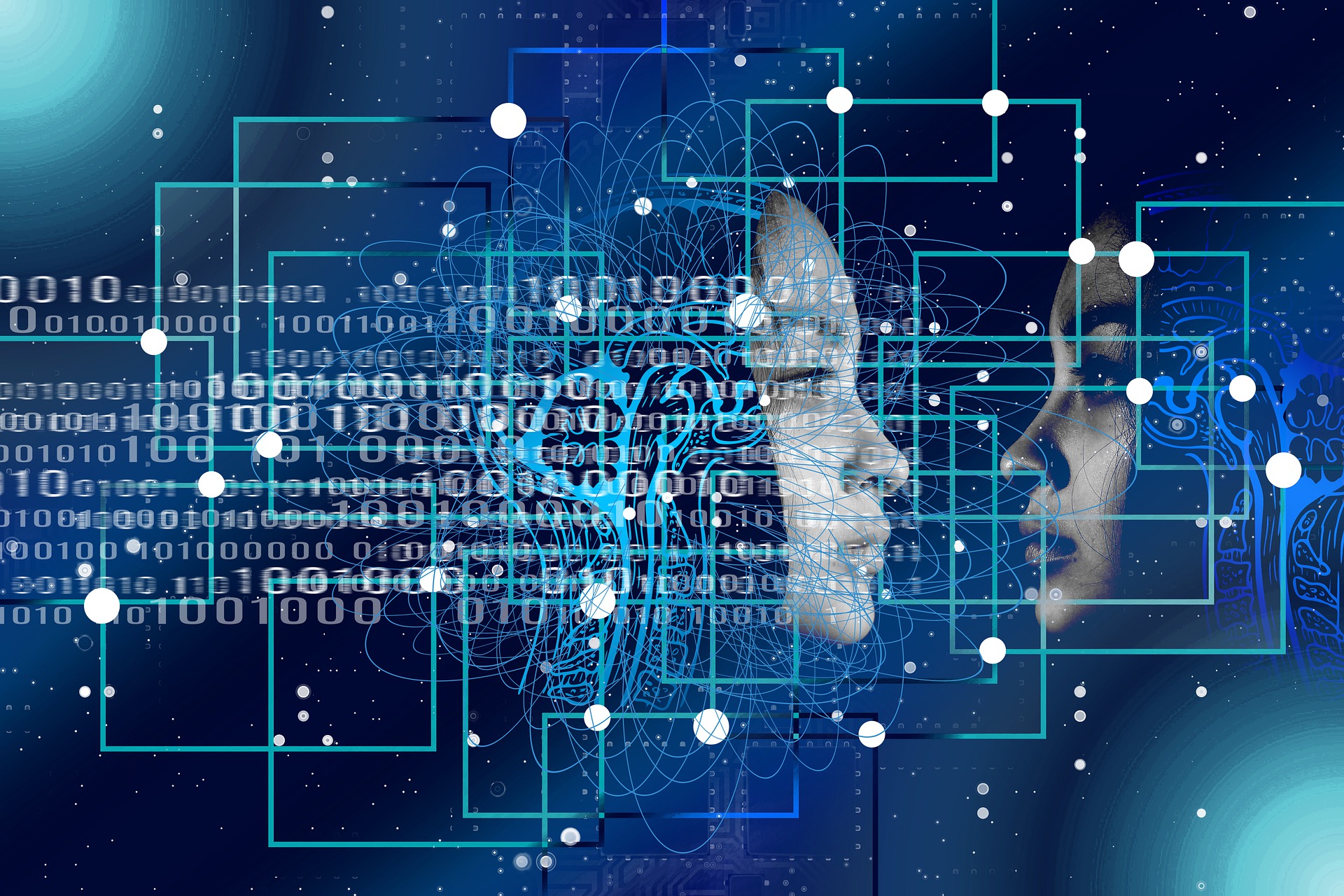
Closing the AI Gap with Africa

In
- Central Africa,
- EU and strategic partners,
- EU economic affairs,
- Europe in the World,
- Other African regions,
As countries across the globe are grappling with the emergence of AI, Europe is presented an opportunity to enhance its AI cooperation with African countries, addressing concerns about a looming digital divide and the EU’s need to diversify its strategic partnerships.
*****
Closing the AI Gap with Africa
As countries across the globe are grappling with the emergence of AI, Europe is presented an opportunity to enhance its AI cooperation with African countries, addressing concerns about a looming digital divide and the EU’s need to diversify its strategic partnerships.
As of 2023, 34.6 % of AI companies are concentrated in the USA, housing world-leading AI companies like Alphabet (Google DeepMind), OpenAI and Microsoft (Azure AI), and others. China is catching up on the USA by investing heavily in AI through companies like Tencent, Huawei, and Baidu, becoming increasingly capable of developing cutting-edge AI models such as Hunyuan and Pangu. While US-China competition dominates AI headlines, the real crisis is the growing digital chasm between developing and developed economies.
Africa’s proactive steps, such as the African Union’s AI strategy, present a strategic opportunity for Europe. By partnering with African nations, the EU can tap into new markets, foster innovation, and secure its digital future, while African partner countries can enhance their value addition. Such partnerships can expand commercial links and provide forums for sharing lessons on human-centric AI, advancing green growth, and achieving SDGs in mutual interest.
Access to exemplary expertise and experience on how to promote responsible AI adoption will be deemed of value. The EU can create forums for knowledge-sharing on how to foster AI ecosystems that balance local contexts, growth, and risk mitigation. Furthermore, the EU could play a valuable role in sharing experiences on how to assess and mitigate risks associated with AI. As European organizations develop and perform impact assessments of AI systems to comply with the EU AI Act, these frameworks and tools could serve as exemplary approaches for partners to test AI models before deployment.
EU Digital SMEs and larger companies could find opportunities to scale their customer base (by providing their services) beyond the EU and set foot in new markets, in particular in dynamically growing emerging markets. Furthermore, EU digital firms might find it beneficial to partner with local companies, which can add to the growth of the respective domestic digital sector and AI startups within partner countries. An additional element could be the collaboration between AI developers from Africa and developers at European AI labs to jointly build systems. Europe could facilitate access to computer resources for the development of specialized AI models. Where AI tools are already proving effective as evidenced in pilot projects, strategic partnerships could allow the scaling up of efforts.
The EU possesses valuable insights on linking the green and digital transitions which can be of interest to partner countries. The EU could also facilitate actionable insights on exemplary use cases where AI can be deployed for climate change mitigation and adaptation; and joint efforts can result in the collaborative discovery of additional application opportunities. For instance, the EU could support joint efforts to improve access to electricity by leveraging AI to manage the challenge that variable renewable energy poses for electric grids, and for smaller rural microgrids, in particular.
At the heart of AI’s rise are the semiconductors that power it, and the critical raw materials (CRM) they are built from. Integrating African countries into the EU’s CRM supply chains isn’t just an option; it’s essential for Europe’s digital and AI ambitions. By incorporating African countries into the EU’s CRM supply chains, the EU can help secure the resources needed for its own AI transformation, while simultaneously enabling these countries to improve their position in the value chain by enhancing their industrial capacities in AI-related fields. This approach would also open opportunities for promoting responsible sourcing and fair labour practices, in line with the EU’s broader objectives, and support sustainable development in Africa. To make these CRM partnerships more attractive for African countries, the EU should mobilize expertise and resources to help them seize the opportunities of the digital transition and AI revolution.
Amidst an unstable global landscape, the EU should position itself through the Global Gateway as a reliable partner for the rest of the world – and AI can become one productive area for cooperation. Mutually beneficial cooperation, with an extended set of partners, adds resilience by expanding the range of supply chain options for the EU and allows hedging against disruptions and unexpected shifts in diplomatic alignments.
For such collaborations to succeed and receive the scale of support needed, agreements would need to be reached that include both the elements of AI and tech know-how transfer as well as enhanced access to critical raw materials. This could prove to be key for generating the necessary buy-in from all sides. If done well and with utmost emphasis on enhancing value generation with close attention to local priorities, this could become a credible and unique selling point for EU cooperation.
For Europe to stay competitive in the digital age, it must take bold steps to diversify its partnerships and ensure access to critical materials. Africa, on the other end, strives to elevate the technology, skills, and investments that can provide a linchpin for local value creation: it’s high time for the EU to work together with African countries on these issues.
(Photo credit: Gerd Altmann, Pixabay)